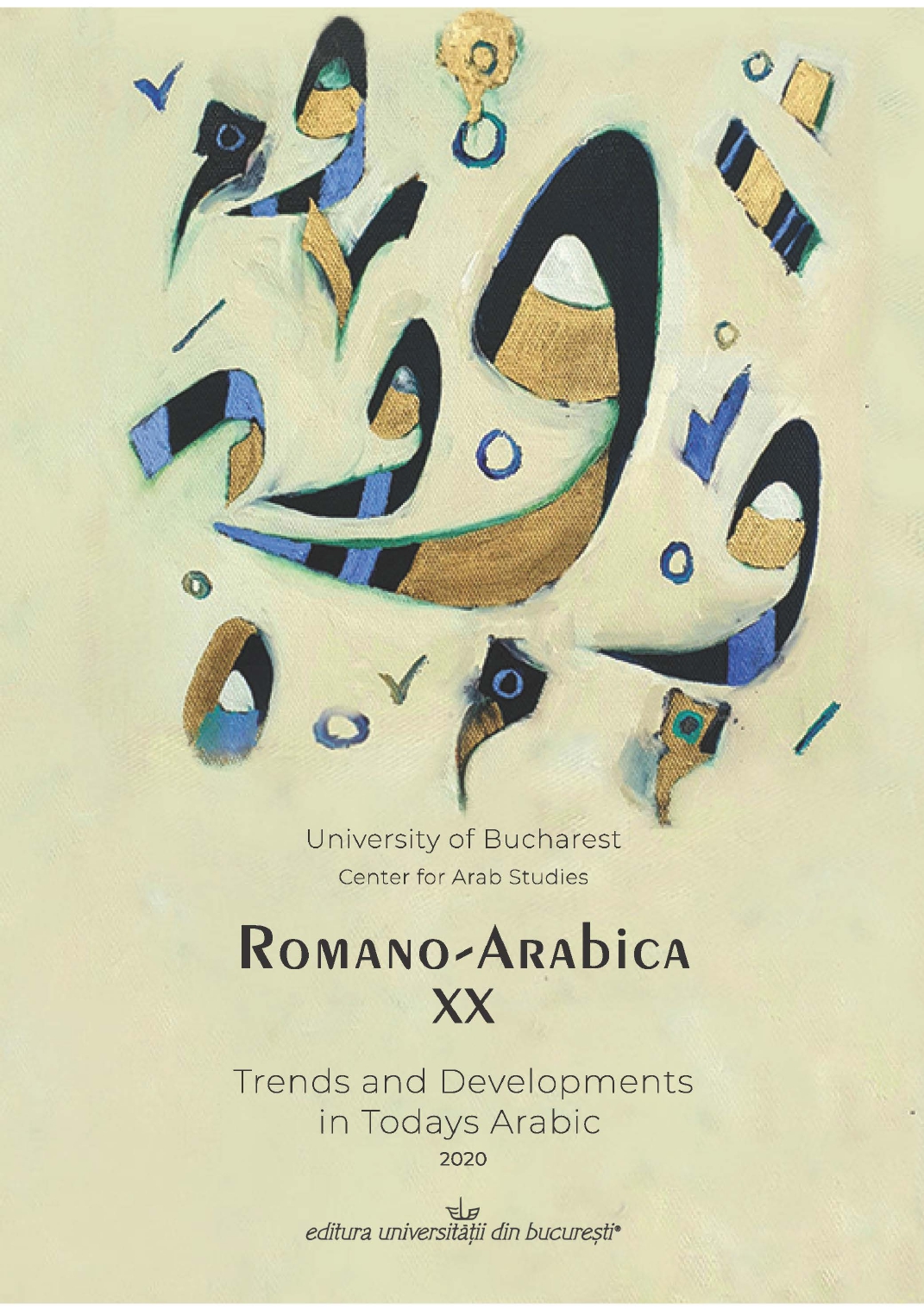WRITING LITERATURE IN EGYPTIAN ARABIC: AN OVERVIEW OF DIFFERENT OPINIONS
WRITING LITERATURE IN EGYPTIAN ARABIC: AN OVERVIEW OF DIFFERENT OPINIONS
Author(s): Florentina-Laurența PîrlogSubject(s): Language and Literature Studies, Syntax, Lexis, Sociolinguistics
Published by: Editura Universităţii din Bucureşti
Keywords: Egyptian Arabic; Egyptian Prose; Literature in Colloquial Arabic; sociolinguistics;
Summary/Abstract: The paper presents different opinions regarding the reflection of diglossia in the Egyptian literary production. There are arguments for and against writing in colloquial Arabic and writers like Naǧīb Maḥfūẓand Ṭāhā Ḥusayn stand among the purists, while other intellectuals support the idea that the dialect be proclaimed an official language. Salāma Mūsā argues that literature should be written in a language that aims to be understood by a large public in order to ensure the progress of the society. He goes so far as to say that fuṣḥā (that is, what in the West would be called Standard Arabic) is too complex lexically and syntactically and its old canons make inefficient the delivery of the message. However, the process of writing in one of the Egyptian spoken varieties of Arabic has become a common practice and is a key factor in creating an authentic image of the society. This paper focuses on Khaled al-Khamissi’s collection of 58 short stories Taxi and explores the main challenges faced in the process of writing in a language that has circulated orally for centuries.
Journal: Romano-Arabica
- Issue Year: XX/2020
- Issue No: 20
- Page Range: 297-304
- Page Count: 8
- Language: English

